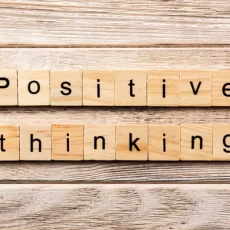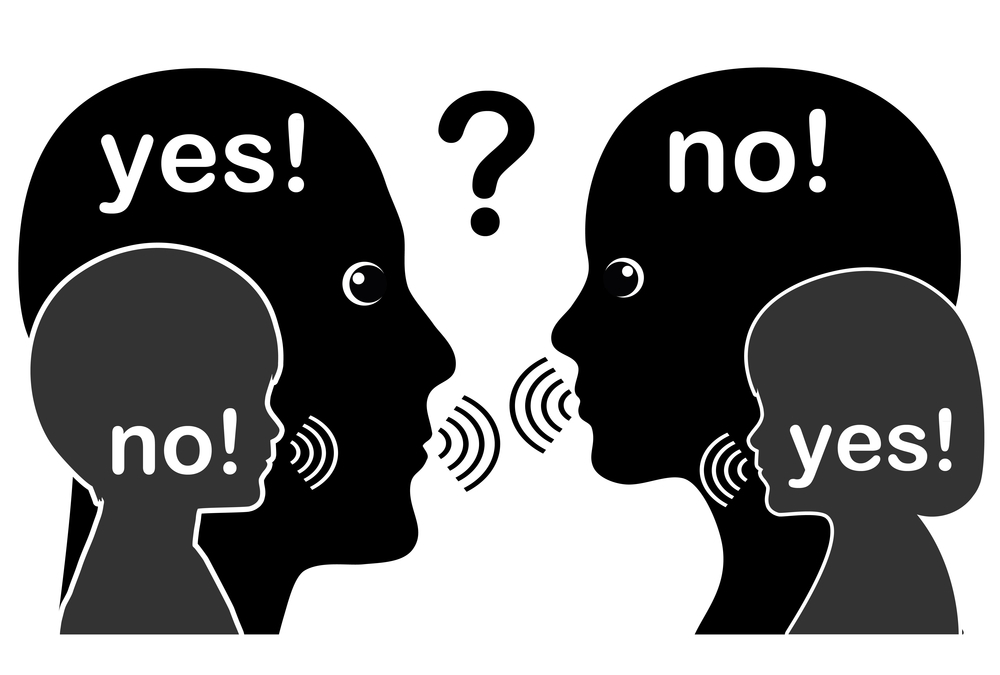By Sahil Gadhavi
Education runs deep with everyone. It is something we all value as individuals as well as a society. When you introduce yourself to someone, they first ask you what you do, to which you inform them about your education and how that led to you working at so and so place. It is an integral part of our identity. But it is not always a happy experience. In fact, it can sometimes be severely stressful to cope up with academic pressures.
Education all over the world has largely been industrialized over the last century. The demand for engineers, scientists and doctors has been at a steady high for a long time. As we build more and more civilization we need more educated people. However, a flaw of this method of education is that it does not value well being nearly as much as it does literacy. Being able to learn and remember things is a more preferable trait than being happy about learning in the first place. Happyho also provide best Meditation classes and yoga classes in Noida and Delhi NCR India area.
There is an excellent case study concerning the educational experiment conducted in Bhutan high schools. A PhD candidate in positive psychology from the University of Pennsylvania, Alejandro Adler, applied Gross National Happiness and positive education in Bhutan to see if there was any correlation between happy students and academically successful students. Tenets of mindfulness, empathy, self-awareness, coping with emotion, communication, interpersonal relationship, creative thinking, critical thinking, decision making and problem solving were incorporated into the new curriculum. Fostering a positive focus on all these skills significantly increased the learning potential of the Bhutanese students.
A surge in happiness was noted in the students taught the life skills mentioned above and their academic performances went up by at least 10 percentile. Moreover, this curriculum prepared them for the challenges of adult life and fostered a positive outlook in general. Enabling them to cope with unhappiness in an effective way. The pressure of academics can be high when all that is rewarded is success and there is no help provided to deal with the accompanying stress. Positive psychology’s impact on the mental health of children is evident and even enhances their learning potential.
Education systems around the world are realizing this and changing their models accordingly. Finland for example, has consistently been rated as one of the best education models in the world. They do not take tests, children learn at their own pace, they learn arts with as much emphasis as science and they are allowed to make mistakes. The Finnish children are found to be a lot happier compared to their American counterparts. So let’s be more like Finland and Bhutan and teach our children the skills to be happy along with academics. After all happiness is the true goal beneath it all. Another win for positive psychology!





